
8 Early Warning Signs Of Ovarian Cancer You Shouldn’t Ignore
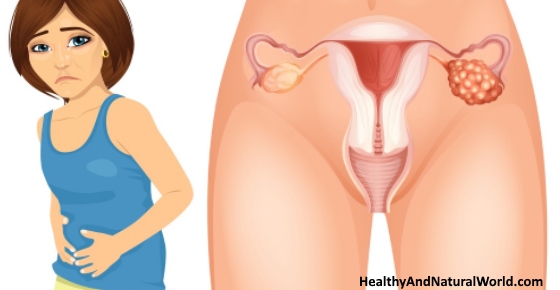
Ovarian cancer is often called “The Silent Killer” — not because it has no symptoms, but because its early signs are subtle, vague, and easily mistaken for everyday issues. By the time most women receive a diagnosis, the cancer has already spread, reducing treatment options significantly.
Still, your body often whispers before it screams. Recognizing early symptoms — and understanding your personal risk factors — can help you take action sooner.
A Healthy Balance Between Awareness and Anxiety
Before diving into symptoms, keep one thing in mind:
Most women who experience these signs do not have ovarian cancer.
According to the Ovarian Cancer National Alliance, out of 100 women with typical ovarian cancer symptoms, only one is found to have early-stage disease.
But that doesn’t mean you should ignore persistent changes. Only 20% of cases are detected early (MedicineNet), and early detection dramatically increases survival rates. Pay attention, stay calm, but take your concerns seriously.
Most Common Types of Ovarian Cancer
• Epithelial tumors – 90% of cases; develop in the outer tissue layer of the ovary
• Stromal tumors – arise from hormone-producing connective tissue
• Germ cell tumors – start in the egg-producing cells; more common in younger women but very rare
8 Early Warning Signs of Ovarian Cancer
1. Persistent abdominal bloating or swelling
Your belly appears larger, feels gassy, and clothing becomes tighter around the waist.
2. Constipation or noticeable changes in bowel habits
Gut function shifts for no clear reason.
3. Pelvic or abdominal pain
Pain that doesn’t go away — not just menstrual discomfort. Persistent pain deserves evaluation.
4. Lower back pain
Especially when it radiates toward the pelvis.
5. Frequent or urgent urination
You need to pee more often or more urgently than usual. While this may stem from weak pelvic floor muscles or a urinary infection, persistent symptoms should be checked.
6. Loss of appetite or feeling full quickly
Sudden reduced appetite or unexplained weight loss can be a red flag.
7. Pain during sex
A symptom many women overlook or normalize.
8. Fatigue
Constant tiredness or low energy for no obvious reason.
Important: You don’t need all eight signs. Even one persistent symptom lasting more than two weeks warrants attention.
Who Is at Higher Risk?
1. Age
Risk increases after 50; half of all diagnoses occur after age 60.
2. Family history
A history of ovarian, breast, or colon cancer raises your risk — especially with BRCA1 or BRCA2 gene mutations.
3. Reproductive history
Higher risk if you:
• Never gave birth
• Started your period before 12
• Reached menopause after 50
More menstrual cycles = slightly higher lifetime risk.
4. Hormone & fertility treatments
Long-term fertility drugs or post-menopausal hormone therapy may increase risk.
However, birth control pills reduce risk.
5. Other factors
• Smoking
• Obesity
• IUD use
• Polycystic Ovary Syndrome (PCOS)
The Real Challenge: No Reliable Screening Test
Unlike cervical cancer (Pap smear) or breast cancer (mammogram), ovarian cancer lacks a dependable early-detection tool.
Doctors rely on:
• Pelvic examinations
• Ultrasound
• Blood tests (such as CA-125)
This makes listening to your body — and advocating for yourself — extremely important.
Final Thoughts
Early-stage ovarian cancer is hard to detect, but not impossible. Knowing the symptoms, understanding your risk, and seeking medical evaluation when something feels “off” can save your life.
Your body always sends signals — your job is to listen.
News in the same category


What Happens to Your Body When You Eat Canned Tuna Every Day

2-Minute Painless Hair Removal: Natural At-Home Solution

Grounding with Trees: How Barefoot Earthing and Tree Energy Restore Your Natural Balance

10 signs you’re eating too much sugar

A Natural Drink That Helps Ease Knee Pain in Just 14 Days

Drink this daily to support cleaner arteries
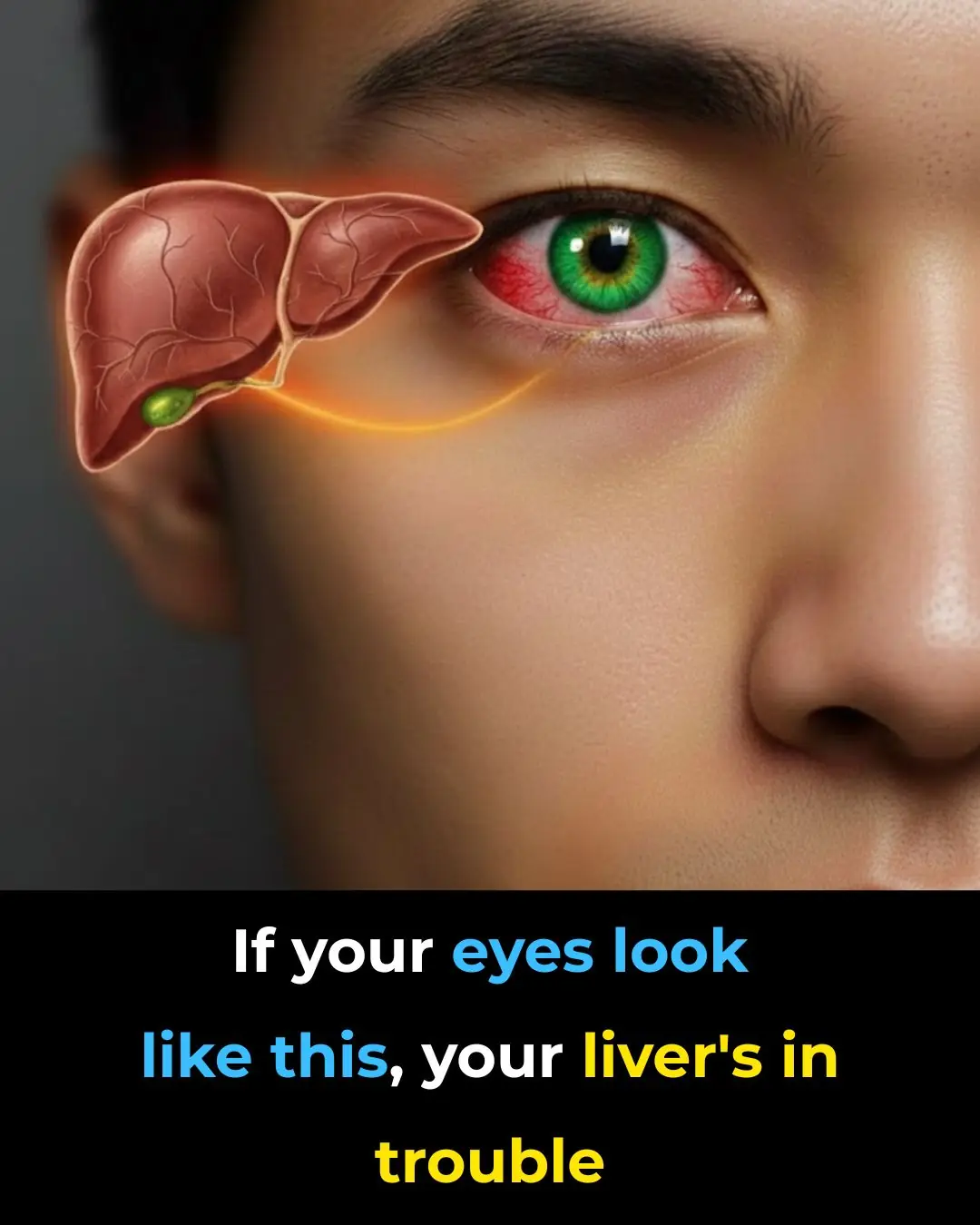
If your eyes look like this, your liver’s in trouble

Stop Wasting Money on Pills — Try Chayote Instead! (Natural Remedy Guide)

Beetroot and Ginger: A Powerful Natural Duo for Whole-Body Wellness

Blueberries and Brain Power: Can This Small Fruit Really Boost Memory?

Top 5 drinks to INSTANTLY improve leg circulation and blood flow
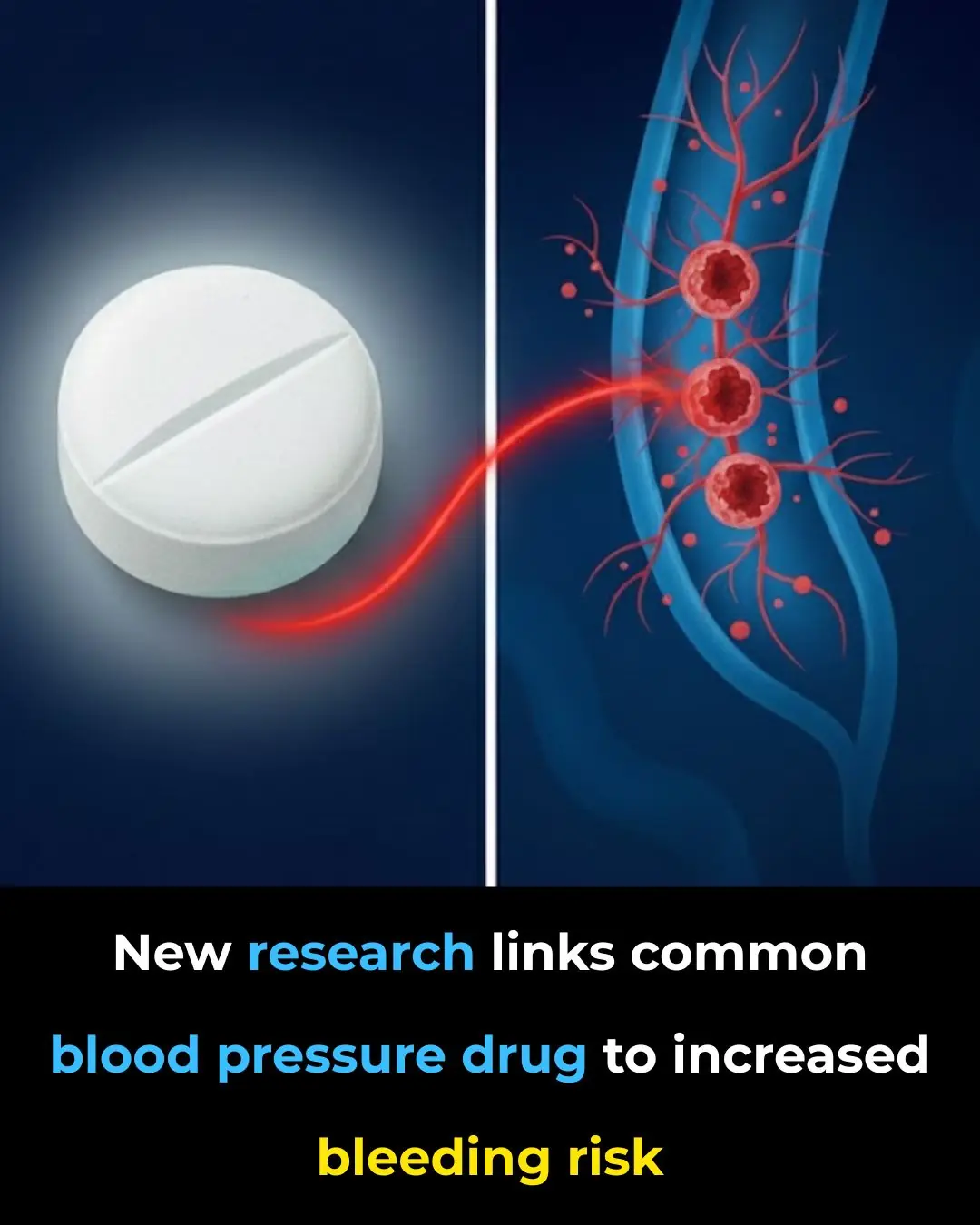
New research links common blood pressure drug to increased bleeding risk

1 carb proven to prevent colon cancer, clear arteries & eliminate inflammation

How & Why You Need to Freeze Lemons (Detailed Instructions)

4 alarming symptoms of vitamin B12 deficiency you can’t ignore!

Raise your legs every day & 7 surprising things will happen to your body!
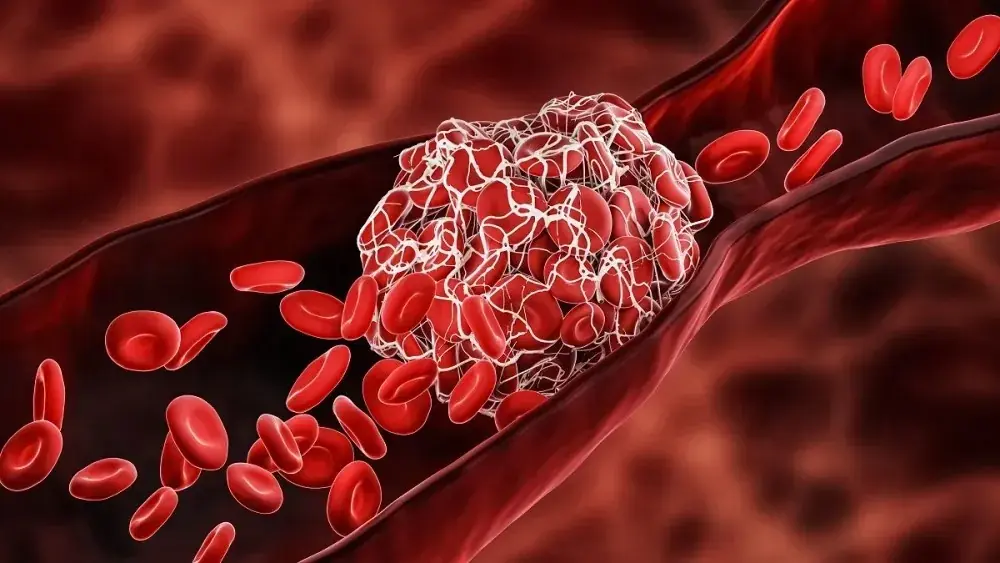
Simple Changes That Will Naturally Supercharge Your Blood Flow

What Does The Half Moon at The Base of The Nails Mean
News Post

Injectable Gel Breakthrough Brings New Hope for Nerve Regeneration

Why Boiled Eggs Deserve a Spot on Your Breakfast Table

Goodbye Synthetic Dyes: Doritos Join the Push for Cleaner, Transparent Ingredients
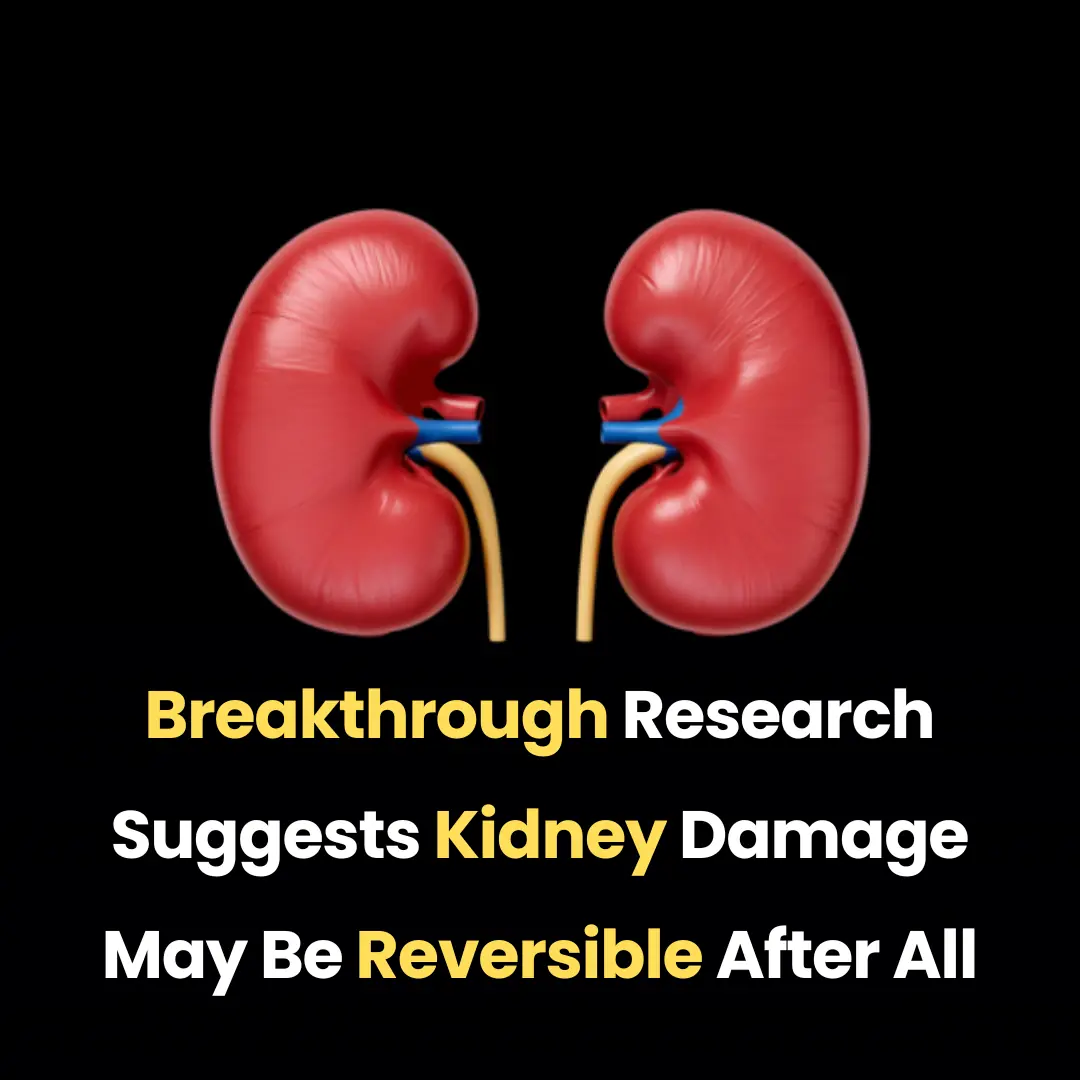
Breakthrough Research Suggests Kidney Damage May Be Reversible After All
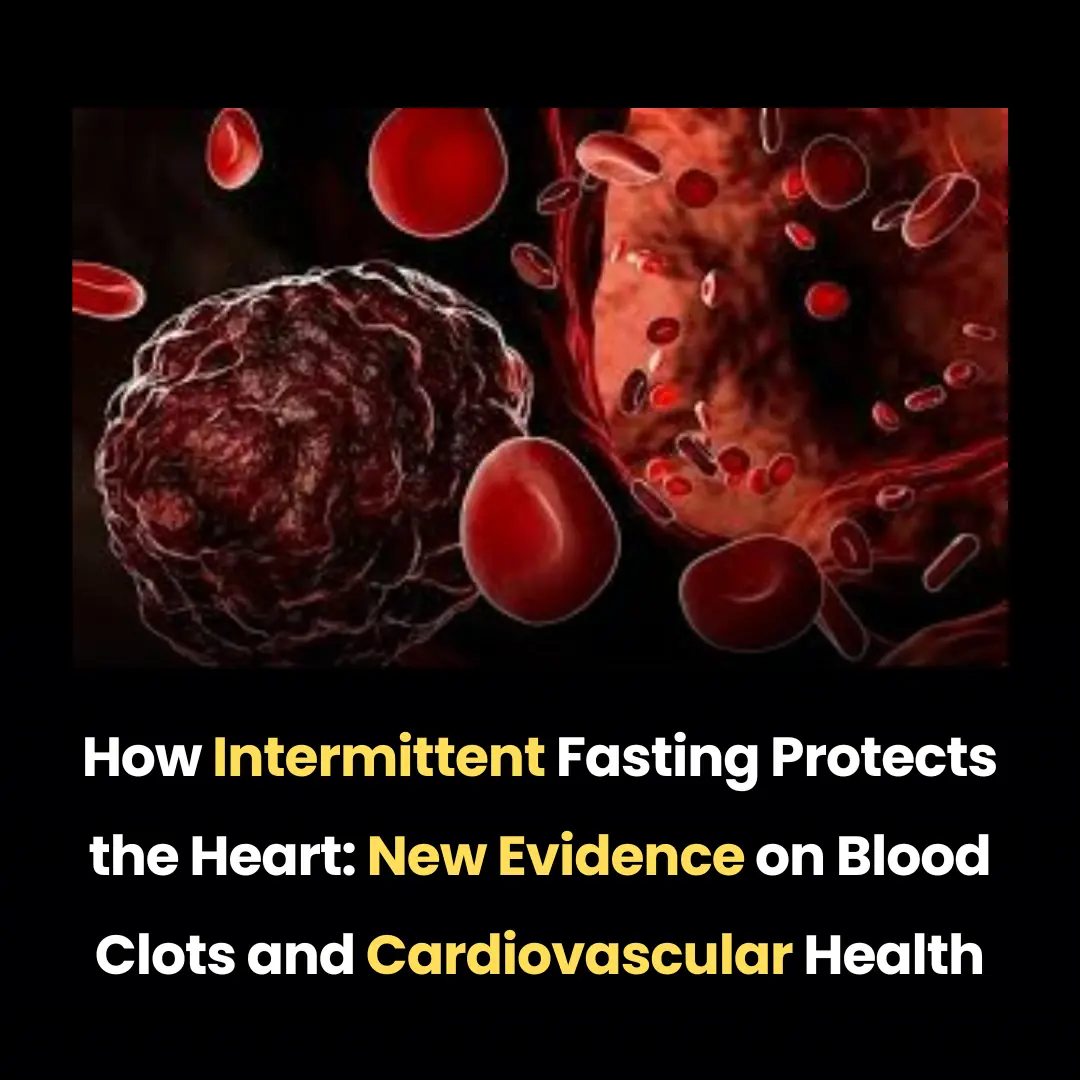
How Intermittent Fasting Protects the Heart: New Evidence on Blood Clots and Cardiovascular Health

New Evidence Links Hepatitis C to Brain Pathways in Mental Illness

ITV breaks silence as Celebrity Big Brother is ‘axed from ITV schedule’

Peter Andre teases ‘special’ project with wife Emily: ‘We are having exciting meetings’

🚫 When to Avoid Ginger — 6 Medical Conditions That May Be Affected

What Happens to Your Body When You Eat Canned Tuna Every Day

I’m A Celebrity star Kelly Brook’s husband reveals when he’s flying out to Australia

Kris Jenner shows support for Meghan Markle weeks after Kardashians photo scandal

Inside Angry Ginge’s ‘bromance’ with Angry Ginge – how they met; ‘going to war’ over diss track; huge ‘risk’ that ‘paid off’

Ant McPartlin’s tattoos explained – tribute to wife Anne-Marie; uproar over ‘missing’ family member; nod to his recovery

Emmerdale disaster incoming: Bear’s fate ‘sealed’ as Joshua Richards makes devastating admission

How Do Farmers Grow Avocado Trees

Robron plot Kev’s downfall – but Emmerdale fans declare they ‘love him’

If You See a Woman Wearing a Wedding Ring On Her Pinky, Here's What It Means

2-Minute Painless Hair Removal: Natural At-Home Solution
